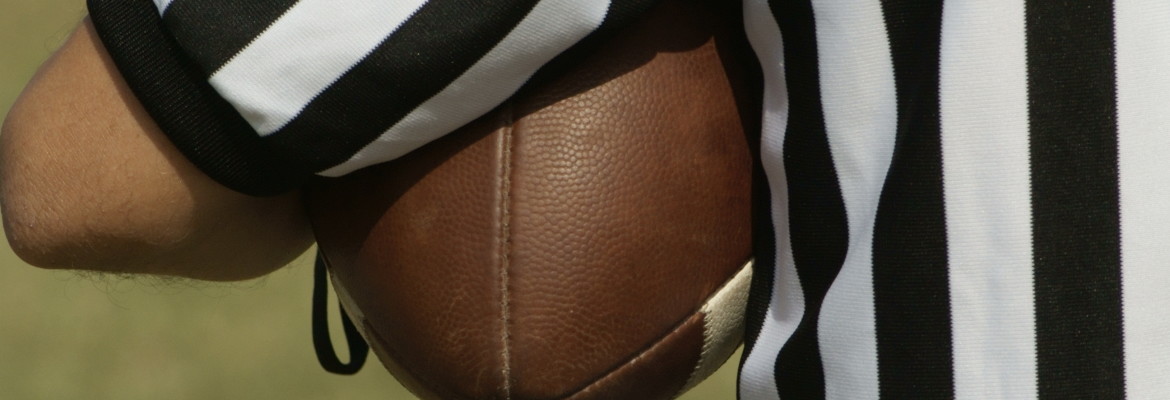August 12, 2015 by peterott
New Defamation Suit Against NFL Investigator Ted Wells
Readers of this blog are surely familiar with the latest updates about “Deflategate,” as Tom Brady (and his attorneys) and Roger Goodell (and the NFL’s attorneys) head to court today. People love this stuff and there appears to be an almost insatiable appetite for the juicy gossip flowing from this case on a daily basis.
The punishments meted against Brady by the NFL came as a result of findings in a report prepared by high-profile lawyer Ted Wells from the law firm of Paul, Weiss, Rifkind, Wharton & Garrison. Ted Wells is a prominent and successful lawyer, having previously been named “the best trial lawyer in the country” by Chambers and Partners. His preparation of the report used by the NFL to justify its punishment of Brady was not his first work done for the league. He also prepared a report for the league last year, investigating allegations of bullying in the Miami Dolphins locker room. That report was released on February 14, 2014.
The report for the Dolphins situation was 144 pages long and found that there was a “pattern of harassment” by three Dolphins’ offensive linemen (Richie Incognito, John Jerry, and Mike Pouncey) against teammate Jonathan Martin. The report found that the bullying included the use of racial slurs, homophobic name-calling, and improper physical touching. Additionally, the report found that Dolphins’ offensive line coach Jim Turner was aware of the harassment and had participated in the taunting.
Jim Turner was fired by the Dolphins following the release of Dolphins Report, although curiously the Dolphins still include a page about him on their website (certainly an oversight). Now, Jim Turner is fighting back against the lawyer who prepared the report that led to his firing. Jim Turner has filed a defamation suit against Ted Wells in the US District Court for the Southern District of Florida.
Defamation torts vary from state to state, but the main elements are the same:
- The plaintiff has the burden of proving that the defendant made a false and defamatory statement about the plaintiff.
- The plaintiff must prove that the defendant made a publication of the statement to a third party.
- The plaintiff must demonstrate that the publishing of the statement was at least negligent.
- In some cases, the plaintiff must prove special damages.
There are two main types of defamation: 1) libel (written defamation) and 2) slander (oral defamation). In libel, damages to the plaintiff are presumed. In slander, the plaintiff must prove that he suffered damages from the defamatory statement. The report at issue here is a written report and it was certainly made public, so Turner is arguing that Ted Wells committed the tort of libel. This means that damages are presumed. In any case, he would not have any trouble demonstrating damages, since he was fired from his job as a result of the publishing of the report. Additionally, Turner argues that his reputation and career have been damaged, perhaps irreparably, as it will be very difficult from him to find another coaching job in the NFL.
Turner will have to demonstrate that statements about him in the report were false. Truth of a statement is an absolute defense to a charge of defamation. This will be tough to prove. Turner and others mentioned in the report argue that Wells ignored information that would have cleared their names in the report. Turner argues that Wells also included information about him that he knew was false. If true, this would satisfy the requirement of negligence. Including a statement in a report that one knows is false is more than negligence. However, it is unclear what evidence Turner has to support his allegations that Wells did this.
At a quick glance, it does not seem like Turner will be successful in this defamation suit. It seems like he is seeking a way to strike back at the lawyer who he feels ruined his life. Emotions certainly run high on this issue. Previously, Turner has said “Wells is not a good human being, and when I didn’t give him the stories he wanted, he targeted me as part of a problem in Miami. He’s not an independent investigator, he’s not doing this looking at both sides of the situation, he’s hired by the NFL and he’s going to print the story that they want printed.”
Also, ESPN legal analyst Lester Munson noted that it is likely that the contract between the NFL and Wells included an indemnification clause that would require the NFL to pay for any costs of defending against a case like this and to pay for any potential money judgement found against Wells. This would mean that even if Wells were to be unsuccessful at defending against this defamation suit (unlikely), it won’t be him footing the bill.

